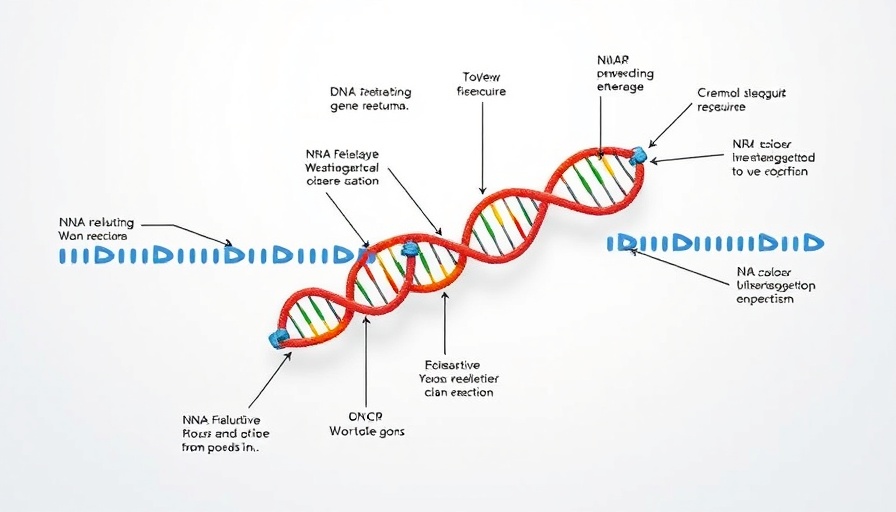
Understanding Antibiotic Resistance: A Growing Global Challenge
Antibiotic resistance poses a significant threat to public health, as it makes bacterial infections harder to treat. With over 5,000 identified antibiotic resistance genes (ARGs) that can be found in our environment, including wastewater, it's crucial to improve the detection methods that help monitor these threats.
Innovative CRISPR-based Technologies Transforming Wastewater Monitoring
Researchers at the University of Illinois have developed a CRISPR-enriched metagenomics method for detecting ARGs in wastewater more effectively. By combining CRISPR technology with traditional metagenomics, they enhanced the sensitivity of detection, allowing for the identification of 1,189 more ARGs than previous methods. The ability to target specific segments of DNA related to resistance has placed this new method ahead of standard techniques, which often miss crucial data.
The Role of Wastewater in Tracking Antibiotic Resistance Genes
Wastewater is a complex mixture that carries not only human waste but also genetic material from various sources. The transmission of ARGs from wastewater into broader environments highlights the importance of monitoring these genes. This monitoring can empower public health officials to respond to the potential outbreaks of resistant bacteria.
The Case for Better Monitoring Techniques
Current methods, such as quantitative polymerase chain reaction (qPCR), are effective but time-consuming and limited to known genes. The new CRISPR-enhanced method democratizes detection, reducing detection limits significantly, thus capturing a broader array of ARGs.
Looking Ahead: Future Implications of CRISPR in Public Health
As scientists build upon these innovations, the potential applications of CRISPR technology continue to expand. Future directions include applying this technique to more environmental samples and collaborating with clinicians to refine public health responses to antibiotic-resistant infections.
Conclusion: The Importance of CRISPR Technology in Mitigating Antibiotic Resistance
Antibiotic resistance isn't just a clinical problem; it's an environmental one, too. With progressive methods like the CRISPR-enriched metagenomics, public health authorities can be better equipped to manage and control antibiotic resistance, a growing concern that must be addressed with urgency.
 Add Row
Add Row  Add
Add 




Write A Comment